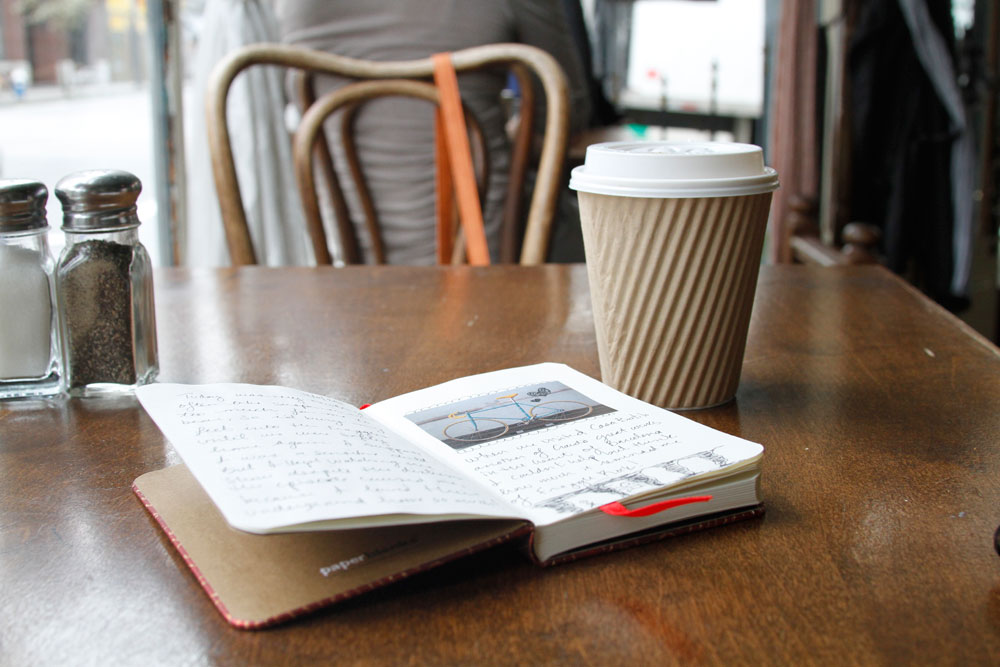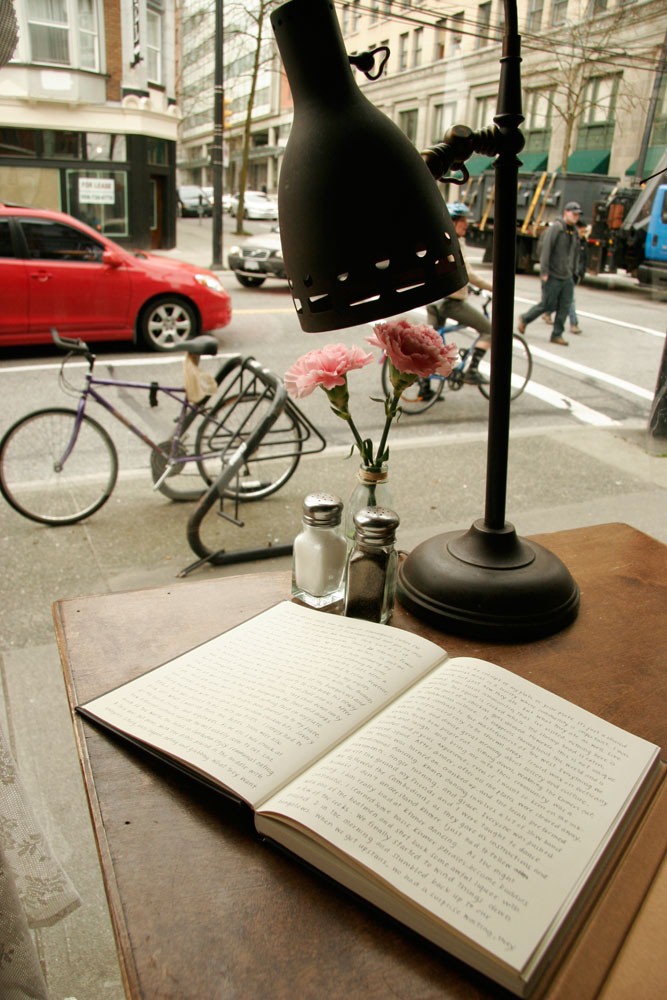Here on the Endpaper Blog we tend to separate our journalling articles from our writing articles. In reality, however, the two activities often go hand-in-hand. Keeping a journal can be an essential part of improving mental alertness and is an effective tool in developing your writing habit and style. Rather than discriminating between the personal benefits of journal-keeping and the professional advantages of good writing routines, today we have chosen to highlight the mutually beneficial results of the two exercises.
1) You’re Always Prepared
Having a journal close at hand benefits your writing in two ways. Being able to jot down your thoughts and observations in any situation means that your visceral reactions will be recorded, rather than leaving you to rely on your more logical memory of the moment. Other than being a great place to record your personal experiences, a journal can often function as a writing tablet in the more traditional sense. If you have a sudden moment of inspiration but are not near your computer, typewriter or whatever medium you normally write on, a journal kept in your pocket or bag means not scrambling to find a blank page to record your thoughts.
2) You Will Develop a Routine
Setting a daily writing routine is one of the Seven Habits of Highly Successful Writers. If you find it overwhelming to look at a blank screen or page while attempting to write your magnum opus, beginning with daily journalling may be a more approachable task. Focusing on recording one page a day of your subjective experiences will help get you in the writing habit. From there, expanding to create a new literary universe, as opposed to simply recording the one in front of you, will seem like a much more feasible task. Writing for yourself is also less anxiety-inducing and will build your confidence before showing your ideas to a broader audience.
3) You Will Gain Insight
Keeping track of your thoughts and desires, as well as other people’s reactions to them, will help you gain valuable insight into human interaction. Rather than relying on memory or imagination, taking inspiration from real-life examples of how people react to certain situations will give your characters depth and relatability. Re-reading past journal entries can also be an effective exercise in gaining empathy and clarity. Taking yourself out of the heat of the moment allows you to see the larger picture, but having recorded your thoughts in the moment means the honesty of the situation will not be diluted.







![[PHOTOS] The Beautiful Inscriptions from Our Recent Huntington Library Event](https://blog.paperblanks.com/wp-content/uploads/2013/05/huntington-calligraphy-paperblanks_blue-brush.jpg)
I’m not sure if these are “surprising” benefits, but they are true.
To journal-believers such as as ourselves they are probably no-brainers, but we need to spread the word to those who think journals can only be used as diaries 🙂